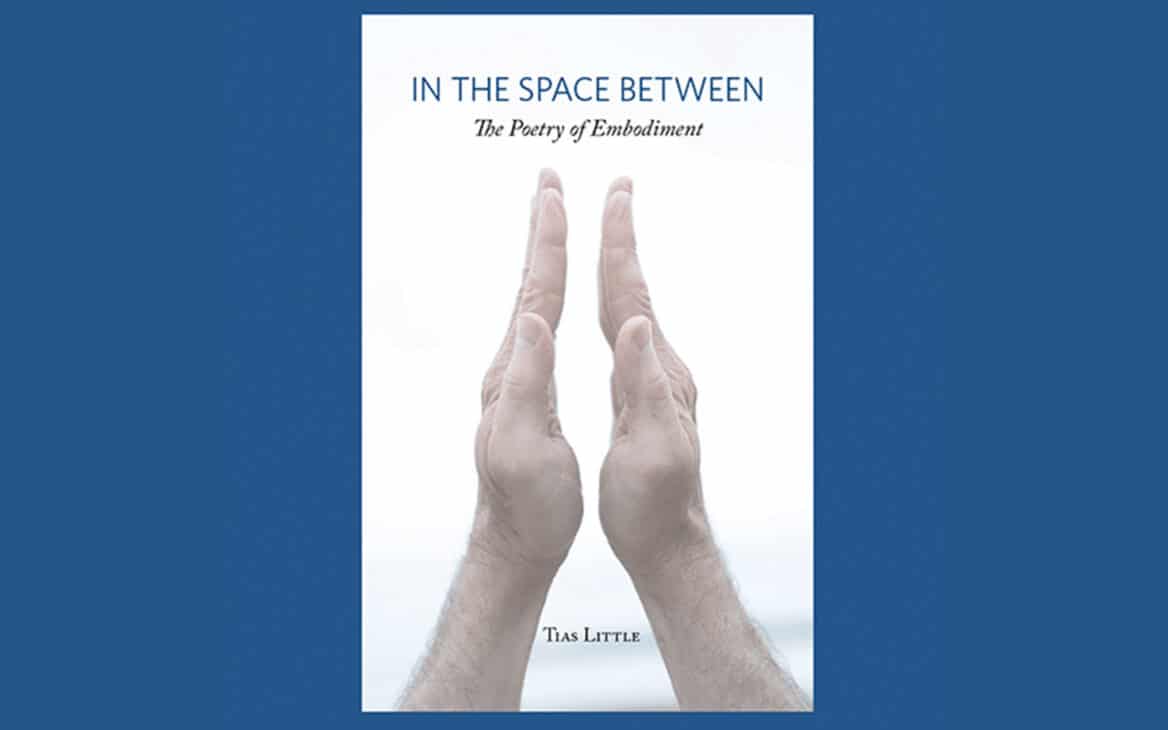When we think of being on guard, we typically think of having an alertness that is meant to protect us, like a coat of armor. This means we are suspicious, wary, distrustful. This is not the “caught off guard” I mean. It may, however, be worthy to recount all the times that we have been guarded in our lives, based on fear of some kind. Guarded toward other people, within conversations and when meeting someone for the first time. How often is this the case? When this happens, our conscious attention is devoted to being vigilant and we scan the terrain around us, watchful in preparation to act if need be. It is like a mother keeping a watchful eye over her two year old clambering around the pre-school play apparatus. But today I would like to consider “never be caught off guard” in a different way.
What if this expression suggests a kind of remembrance that enables us to stay connected to the ground of our being? As we move through the world the outer landscape changes, yet in the meditative tradition and yoga-dharana, it is important that we stay connected to the fertile ground of awareness itself. This awareness is sometimes called “original mind” or “Buddha-nature”. It is common that we forget, swept away by the tides of day-to-day experiences. How can we sustain the presence of this innate wakefulness?
The expression “never be caught off guard” then might suggest that we keep mindfulness alive through out the day. It is mindfulness itself that we guard, for mindfulness itself is precious and must be fortified. If we are caught off guard, then we can become helplessly ensnared in the changing vicissitudes of day-by-day living. We forget. If we drop our guard, then we may quickly and suddenly become possessive, obsessive and vulnerable to the small likes and dislikes of our egoic structure. It is when we have true wakefulness, that we avoid the sand trap of preferencing-mind.
Once we have this orientation, this commitment to not get caught in self-centered thought and behavior, then the key is to stay relaxed. For all too often vigilance and wakefulness are coupled with tightness in the body. When we are “on guard” we assume a rigid posture—our eyes grip and our tongue tightens, our skin recoils and we hold tight the pelvic floor. This posture is exhausting to maintain! So how can we stay alert, ever-present and yet stay relaxed and at ease? This is one of the key attributes that comes with yoga training. It is paradoxical, in a sense, for it demands that we hold together two states of mind. One alert, alive and ready, the other soft and porous. When we can embody these two qualities, we can sustain a soft steady state of open attention.


